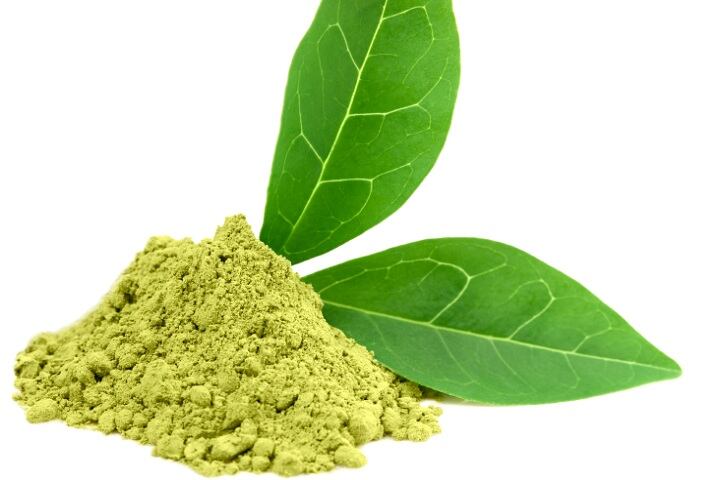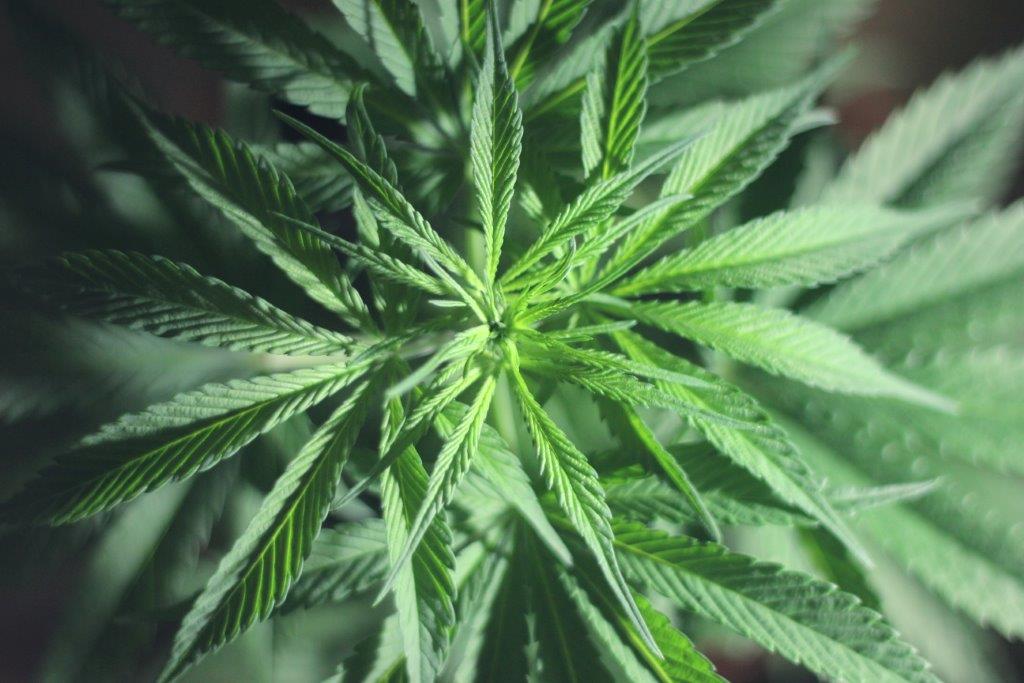US researchers think the actions of green tea polyphenols (GTP) coupled with the effects of tocotrienols (TT) are potent enough to tackle the mechanisms that impair glucose tolerance and increase insulin resistance.
“The results of studies looking at obesity management so far have been a real mixed bag,” said Richard Bruno, the study's lead author and a professor of human nutrition at The Ohio State University.
“Some seem to support green tea for weight loss, but a lot of other research has shown no effect, likely due to the complexity of the diet relative to a number of lifestyle factors.
“Our goal is to figure out how it prevents weight gain," he said. "This will lead to better health recommendations."
Dietary supplements, nutraceuticals, and botanicals have become an alternative approach to alleviate the complications of Type 2 diabetic (T2DM) patients.
Researchers point to compounds such as TT and GTP as strong candidates for managing hyperglycemia, hyperinsulinemia, and skeletal muscle disorders.
TT and GTP have also shown promise in reducing inflammation as well as maintaining an oxidant-antioxidant balance.
Methods employed
Ohio State University researchers began looking at the combination on glucose homeostasis and skeletal muscle metabolism in obese mice with insulin resistance and elevation of blood glucose.
Here, 48 male mice were fed a high-fat diet and assigned to 4 groups (no TT vs. 400 mg TT/kg diet vs. no GTP vs. 0.5% vol/wt GTP in water) for 14 weeks.
The team then measured body and fat tissue weight, insulin resistance as well as gut permeability, the movement of gut metabolites to the bloodstream and inflammation in the fat tissue amongst others.
The animals fed a high-fat diet with green tea added gained approximately 20% less weight than mice fed an otherwise identical diet without tea.
These mice also exhibited further improvements to their health such as lower insulin resistance and inflammation within fat tissue and the intestine.
Additionally, the team theorised that the green tea protected against the movement of endotoxin, from the gut to the bloodstream.
Green tea components also appeared to exert benefits in the gut as mice following the normal or low-fat diet with green tea exhibited reduced weight gain and lower endotoxin levels.
However, compared with the effects seen in mice fed the high-fat diet, these were relatively modest.
Green tea supplement use?
“TT and GTP increased muscle fiber cross-sectional area (CSA), which could be used for therapeutic way to prevent muscle atrophy commonly seen in patients with insulin resistance and elevation of blood glucose,” the study said.
“This phenotypic improvement may be partially through attenuation of oxidative stress and increased levels of major rate-limiting mitochondrial enzymes, but with different mechanisms.”
Dr Bruno added that it was too soon to extrapolate the findings in animals to people. He warned that should the benefits prove true in humans, green tea supplements would not be an obvious substitute due to how the body metabolizes the catechins in the tea.
"Consuming a little throughout the course of a day with food--like the mice did in this study--might be better," he said.
Source: The Journal of Nutritional Biochemistry
Published online: doi.org/10.1016/j.jnutbio.2019.01.021
“Effect of annatto-extracted tocotrienols and green tea polyphenols on glucose homeostasis and skeletal muscle metabolism in obese male mice.”
Authors: Eunhee Chung et al




